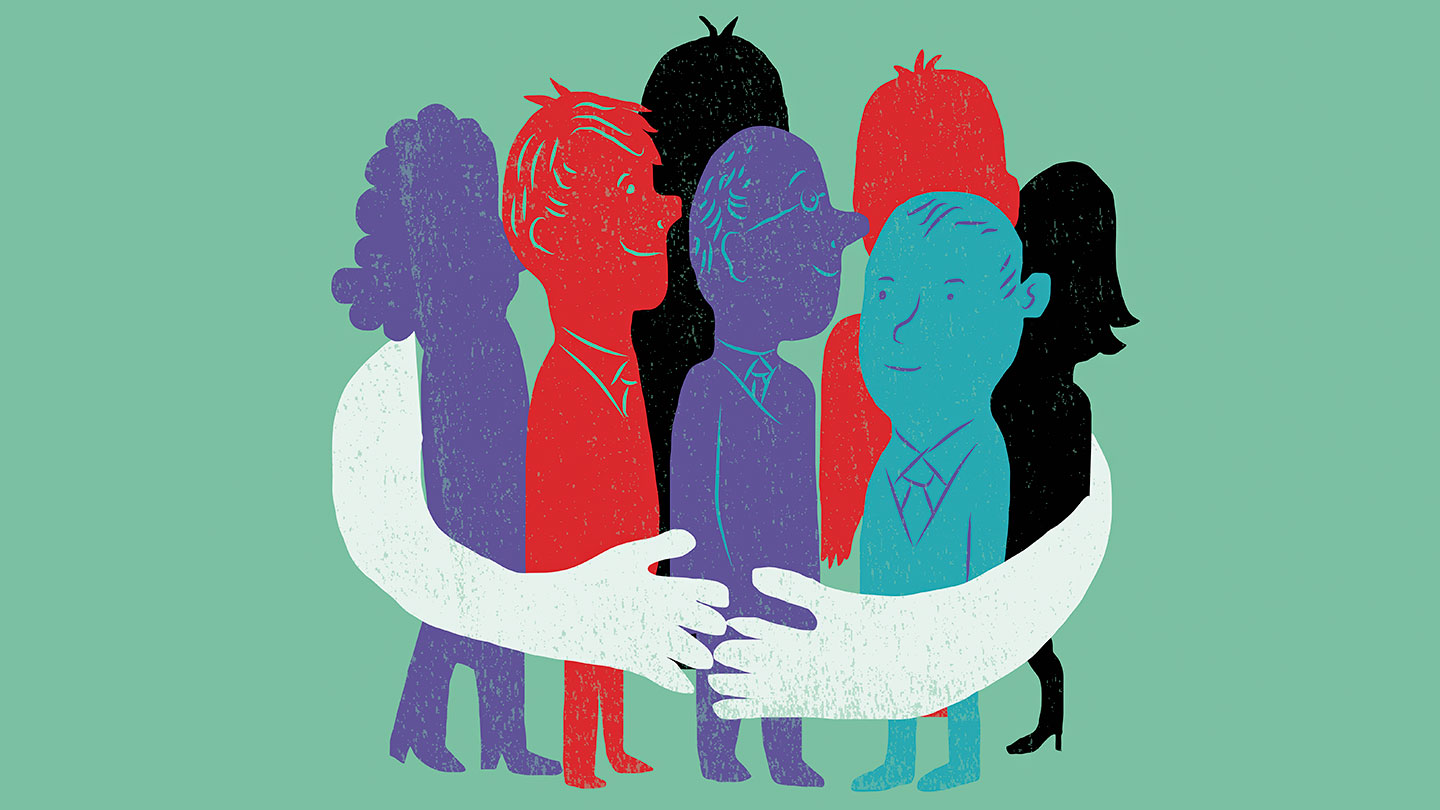8 Effective Treatment Strategies To Finally Overcome An Addiction
Overcoming an addiction is difficult even for the strongest of people. Cognitive behavioural therapy, motivational interviewing, and family therapy are often the first strategies people and health care professionals use to treat addiction. However, these treatments may not be enough to help people fully recover from an addiction. Instead, many people need a combination of drug therapy and additional support strategies. Here are eight effective support strategies that can help people overcome an addiction.
Using Motivational Incentives And Rewards

Motivational incentives involve rewarding people for good behaviours, such as passing drug screening tests. By replacing the biological reward of consuming a substance or engaging in a compulsive behaviour with a reward for performing desirable behaviours, it is possible to curb an addiction and reach sobriety milestones. Some people are able to use this strategy on their own. However, it is typically more effective when someone else delivers the incentives and tracks progress. The rewards can take many different forms, including benefits, privileges, money. Studies show that monetary incentives are highly effective for treating drug and alcohol addictions. Generally, the larger the incentives are, the more effective the strategy is.
Creating A Network Of Support

Addiction is difficult to overcome alone. Individual and group counselling can be effective treatment strategies for addiction because they provide support from knowledgeable, understanding therapists or other addicts at varying stages of recovery. Many addicts find it helpful to attend support groups because it shows them that there are other people who have struggled with similar problems and are overcoming them. Family therapy can also be useful for creating a strong support structure within the addict's family. Some people even choose to join a therapeutic community living home, where people struggling with similar challenges tackle their addictions together.
